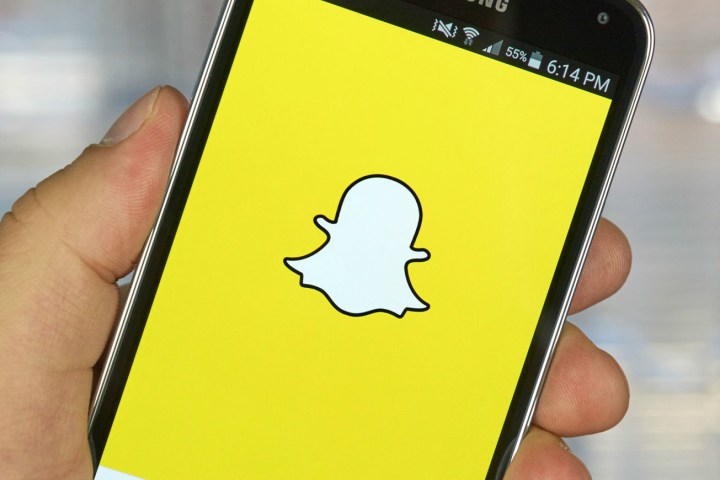Snap CEO Evan Spiegel loves Snapchat’s redesign, even if no one else does.
Speaking at a Goldman Sachs investor event in San Francisco on Thursday, February 15, Spiegel insisted his team is “excited about what we are seeing so far” but admitted it will “take time” for many users to get used to the changes.
More than a million people have signed an online petition protesting the revamp, which has been introduced gradually in a number of markets — among them Canada, the U.K., and Australia — and is set to go global by the end of March.
One of the main modifications separates friends and family interactions from content posted by brands after Spiegel commented last year that “blurring the lines between professional content creators and your friends has … produced some strange side-effects,” citing fake news as an example. The move isn’t so different from what Facebook is working on and comes as social media companies fend off criticism about their reach and power, and the dubious content sometimes posted on their services.
Some of the alterations are supposed to make the app less confusing for new users but seem to have had the opposite effect for a number of long-time Snapchatters. In a brief statement to the BBC, a spokesperson for Snap pointed out that updates “can take a little getting used to,” adding, “We hope the community will enjoy it once they settle in.”
But an online petition set up by Snapchatter Nick Rumsey has so far chalked up a million signatures. Rumsey said the update had inadvertently made many features harder to use.
“There is a general level of annoyance among users and many have decided to use a VPN app, or are using other risky apps or steps, to go back to the old Snapchat as that’s how annoying this new update has become,” he wrote on the petition page.
With more people still adding their names to the petition, and critics continuing to voice their disappointment on other platforms, pressure is mounting on Spiegel to take another look at the revamp. It wouldn’t be the first time for a social media company to reverse an update in the face of protests, with both Twitter and Instagram having done so in the past, although admittedly neither concerned changes as fundamental as Snapchat’s.
But at the current time, Spiegel seems intent on sticking by the “whole new Snapchat,” as he himself has described it.



